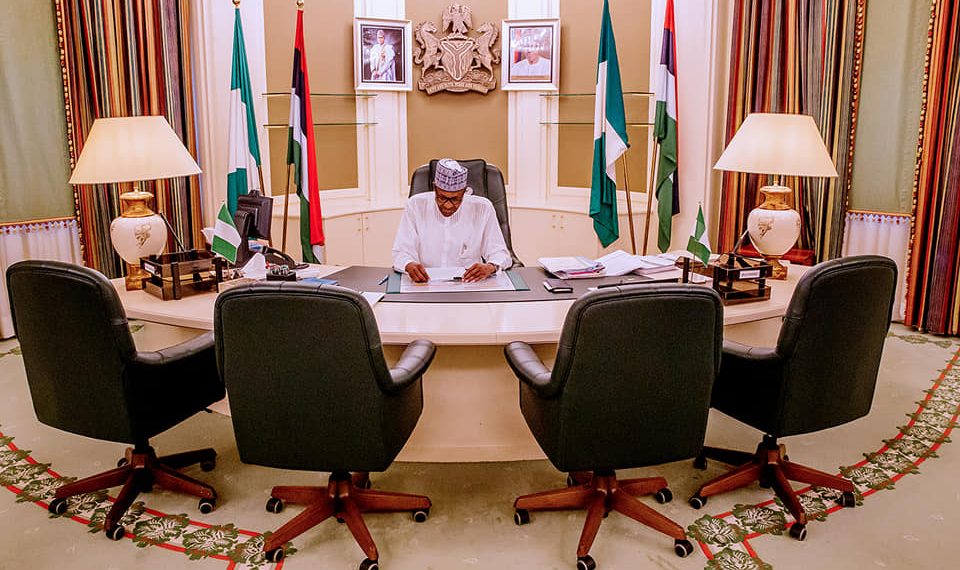Considering what several development experts have described as very hard to explain economic policy direction in the last four years and what the Financial Times of London saw as directionless economy, leading rating agency, Augusto & Co, has advised President Muhammadu Buhari to adopt a private driven sector growth approach.
However, the efficacy of the approach will be dependent on the efficiencies in the system, policy direction and agencies roles in ease of doing business, stimulating growth and creating jobs.
In a new report titled: ‘Buhari Version II (2019—2023): Economic Perspectives,’ Augusto & Co said Nigeria cannot effectively drive purposeful reforms without severe consequences without politically unpopular but inevitable choices.
However, the Augusto & Co report decried that holding state enterprises up in the chest will not improve efficiencies in the economy but concessioning of key infrastructure which will further eliminate monopolies of state-owned enterprises (SOEs) in key sectors and drive healthy private sector-driven competition.
Key sectors that government must loose hold in the view of the report include oil and gas, energy, aviation (airport ownership and management), railway, and electricity transmission by opening up these sectors to private sector investments.
Augusto & Co report further expressed fears over the country’s debt profile, saying Nigeria is currently in “a dire fiscal strait and the numbers are quite grim,” even in the face of positive spin about Nigeria’s benign debt-to-Gross Domestic Product (GDP) currently around 20 per cent.
“Other fiscal indicators also put Nigeria at the bottom of the rung even among sub-Sahara African peers. Nigeria’s five-year average of capital expenditure as a percentage of nominal GDP is a meagre 2.1 per cent, which pales in comparison to Angola (seven per cent) and Kenya (7.6 per cent).“However, with a projected budget deficit of N3.8 trillion in 2019, capital expenditure as a percentage of nominal GDP could decline further to 1.1 per cent this year.
“The implication of this burgeoning deficit is that in 2019, Nigeria will have to borrow to meet its obligatory spendings – interest payments, transfers and payroll – projected at about N5.4 trillion with a revenue of about N4 trillion. “This implies a cash crunch for capital expenditure. Thus, with this fiscal backdrop, macro reforms that will improve the revenue position of the government and pare back the deficit by cutting spending are non-negotiable,” the report predicted.
“With subsidy payments probably in the range of N1.2 – N1.3 trillion annually, the country is obviously haemorrhaging especially amidst the steep opportunity costs.
“Buhari will not only have to stop this fiscal haemorrhage, but also muster the political will to deregulate the downstream petroleum industry once and for all times,” it added.
Agusto & Co wants President Buhari in his second term to work to raise revenue, while also restructuring government spending, which would require politically unpopular “but inevitable choices.
It observed that Nigeria’s current fuel subsidy regime indicates the country may have readopted opaque practises of the past that not only create a huge fiscal hole but a morass as well.









